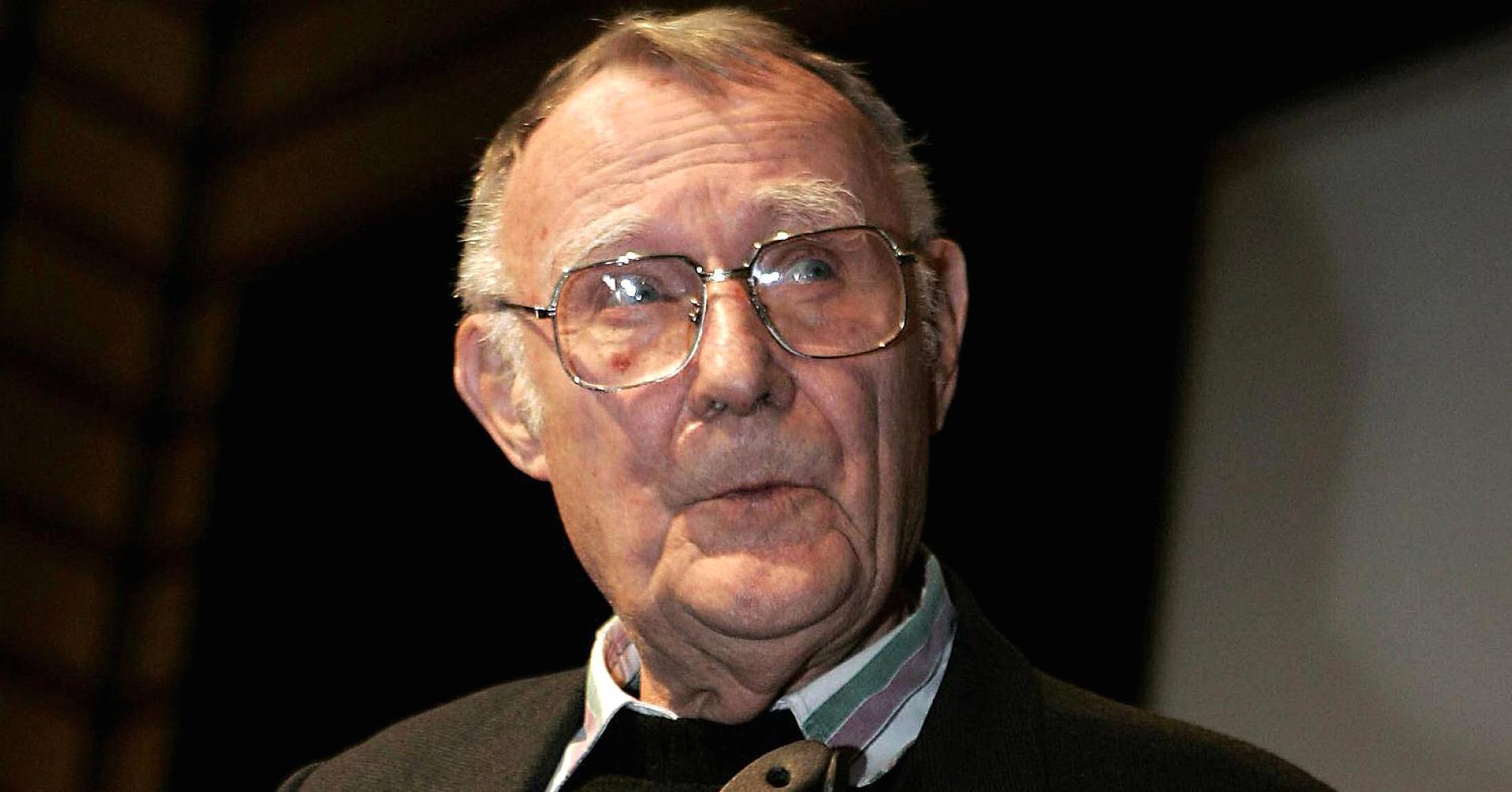
Nearly 75 years after he founded IKEA, revolutionizing the way affordable furniture is designed and distributed, Swedish business magnate Ingvar Kamprad died on Saturday at the age of 91.
Kamprad built a global company and became a self-made billionaire in the process. Upon his death, Kamprad was the eighth-richest person in the world, worth an estimated $58.7 billion, according to Bloomberg.
Despite his wealth, the the business titan was known for his frugal habits, which included flying coach and driving a 20-year-old Volvo. Here are four ways the billionaire insisted on saving money.
For two decades, Kamprad drove a 1993 Volvo 240 GL. He only gave it up when someone persuaded him that driving it was too dangerous. Originally, the car was worth around $22,000, but at the time he got rid of it, it wouldn’t go for more than a few thousand dollars.
In 2014, when Kamprad returned to Sweden after 40 years of tax exile, The Telegraph reported that he said on television, “If you look at me now, I don’t think I’m wearing anything that wasn’t bought at a flea market.”
The self-made billionaire learned to being prudent with money growing up in Smaland, a small town in Southern Sweden. “It is in the nature of Smaland to be thrifty,” he said.
Kamprad kept himself on a tight budget. After paying around $27 (€22) for a haircut in the Netherlands in 2008, he told a Swedish newspaper that the price was too high to fit within his usual hair cut budget, The Guardian reported.
“Normally, I try to get my haircut when I’m in a developing country. Last time it was in Vietnam,” he said.
No first class tickets or private jets for this billionaire CEO. Kamprad always flew economy and stayed at budget hotels while traveling.
These habits not only represented a tenet of Kamprad’s personal philosophy towards consumerism but were also meant to serve as a model for his employees.
“His cut-rate flights, hotels and meals were taken in part as an exemplar to his executives, who were expected to follow suit, to regard employment by Ikea as a life’s commitment — and to write on both sides of a piece of paper,” The New York Times reports.
In 1976, Kamprad penned and distributed “The Testament of a Furniture Dealer,” a pamphlet of guidelines that IKEA employees still follow to this day. In it, he detailed pieces of his frugal philosophy, stating that “wasting resources is a mortal sin at IKEA.”
Don’t miss:
Like this story? Like CNBC Make It on Facebook!

